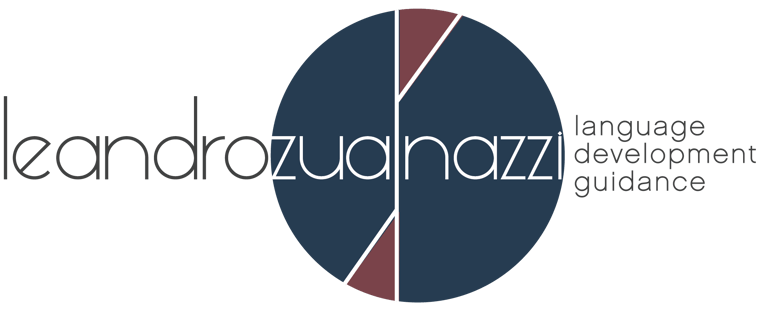From good to great: a student's guide to polished emails
Discover what helped my student improve her writing skills.
TEACHING WRITING
Leandro Zuanazzi
7/15/20252 min read
In the fast-paced world of professional communication, crafting concise yet comprehensive emails is an invaluable skill. It's also a challenge many of us face, including one of my students, who embarked on a journey to enhance her writing proficiency specifically to write better emails.
Meet Maria*, a student who already had a strong command of the English language but sought refinement in her email writing skills. She lives and works in Canada, so she is surrounded by English and has to use it to communicate at work all the time. Her concern was familiar: despite being able to convey her message, she found herself struggling to strike the right balance between brevity and inclusion of all the necessary information.
"I compare the emails I write with the emails my colleagues send, and they manage to say more while using fewer words," Maria confessed during our first meeting. It's a sentiment echoed by many striving for clarity and efficiency in their written communication. I listened, took notes, and then planned the first lessons to collect more information and to understand exactly how I could help her.
We started by looking at register in professional email, indentifying examples of more and less formal language. Maria was happy to share the situations she encountered at work and how she would tackle the task of communicating via email. There was also a lot of practice from the very beginning, and I noticed she managed to produce very effective and appropriate messages.
Over the course of just a couple of weeks, Maria experienced a remarkable transformation. She began to notice a significant improvement in her ability to articulate her thoughts in written form. When I asked about what was behind this progress, her answer was short and simple: time.
"It's all about giving myself the time to find the right words and phrases," Maria explained. "Previously, I would rush through emails just to get work done, but now I take a moment to carefully consider my language and ensure it effectively conveys my message."
Despite dedicating more time to crafting each email, Maria found that the process did not significantly prolong her response time. Instead, it resulted in emails that were not only clearer but also more polished and impactful.
A key point for Maria was the importance of observation and emulation. She began to pay closer attention to the emails she received from colleagues, noticing the way they communicated. By incorporating elements that resonated with her into her own communication, she discovered new avenues for expression and refinement.
"It's like learning a new language," Maria remarked. "By immersing myself in examples of effective communication, I'm constantly expanding my vocabulary and refining my writing skills."
Last week I asked if she had been able to notice any other changes in the way she feels about English in general, and she opened up a bit more. She said she's been participating more actively in meetings. Curious, I asked her if she didn't use to participate as much before. "I used to want to be invisible," she told me. "I was so afraid of making mistakes and not being able to get my point across that I would choose not to be engaged."
So, what changed? Maria noticed an increase in her confidence as she tapped into her existing knowledge. Because she is now taking time to think about how to express herself in writing, she is also more aware of how she can do the same while speaking. As a result, she feels more motivated to take part in meetings and to keep improving her skills.
Maria's journey serves as a testament to the power of self-awareness in honing our communication skills. Through patience, observation, and practice, she not only overcame her initial challenges but also transformed her approach to email communication.
Does it mean her journey has come to an end? Not quite. But she is now more aware of what she is capable of doing when she gives herself the time to observe, absorb and put new strategies into practice.
To me, Maria's experience is another reminder that mastery is not achieved overnight. Yet, significant improvement can happen if we take a step back and approach our learning with patience and intentionality.
*Name changed for privacy reasons.
